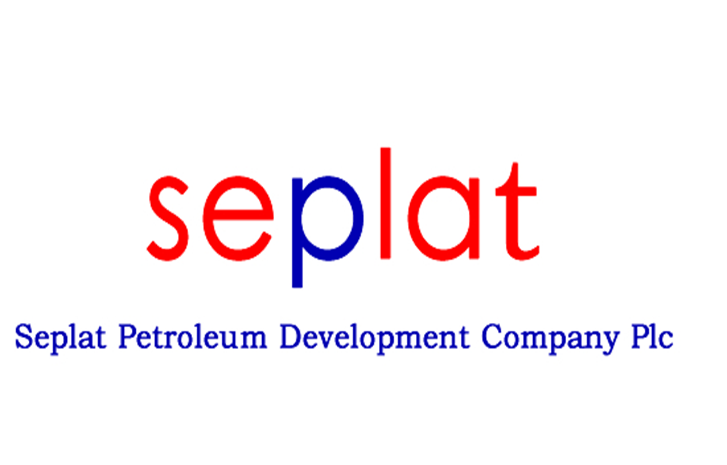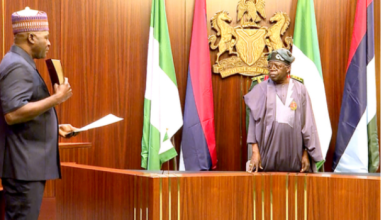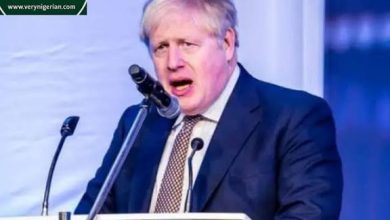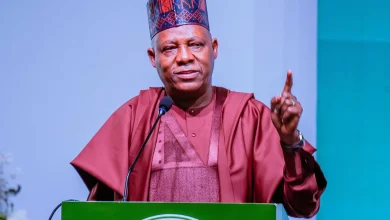Seplat Energy reaffirms commitment to media capacity building, entrepreneurship development

Seplat Energy Plc, a leading Nigerian independent energy company, has restated its commitment to strengthening the capacity of media professionals across the country to promote excellence, entrepreneurship, and career sustainability.
The company made the pledge during its 2025 Media Training Programme held in Abuja, an annual initiative designed to empower journalists with the skills required to adapt to evolving media and business environments.
Speaking at the event, Mrs. Chioma Afe, Director of External Affairs and Social Performance at Seplat Energy, said the company considered the media a key stakeholder in national development and would continue to invest in their professional growth.
Afe, represented by Mr. Stanley Opara, Manager of Corporate Communications, said the training also aimed to equip journalists with entrepreneurial knowledge to help them diversify their income sources and prepare for life after active newsroom service.
“We recognise the vital role of the media in shaping narratives and holding institutions accountable. Our commitment is to build a more empowered, skilled, and self-sustaining media community,” she said.
Afe commended participants for their enthusiasm and assured that Seplat Energy would continue to strengthen its long-standing partnership with the media sector.
“Our collaboration with the media remains central to our sustainability strategy. We will keep supporting capacity-building initiatives that align with Seplat Energy’s values of innovation and shared prosperity,” she added.
Participants at the training were exposed to sessions on entrepreneurship, digital transformation, leadership, and retirement planning.
Delivering a paper on “Can Managers or Professionals Make Good Entrepreneurs?”, political economist and management expert Professor Pat Utomi urged journalists to embrace entrepreneurship as a form of value creation and innovation.
He drew distinctions between managerial and entrepreneurial mindsets, noting that both were necessary for societal progress.
Similarly, Dr. Solomon Avbioroko, former Director at the Lagos Business School, spoke on “Ego States Profile and Impact on Transactional Analysis,” explaining how different ego states influence workplace communication and leadership effectiveness.
In another session titled “Second Phase of Life: Overcoming the Phobia,” Avbioroko advised professionals to view retirement not as an end, but as a new phase filled with opportunities for reinvention and meaningful pursuits.
Also speaking, Mr. Abiola Adedeji, a digital marketing strategist, presented a paper on “Understanding Digital Marketing with a Focus on Customer Journey Mapping.”
He highlighted the importance of online branding, content personalisation, and audience engagement in modern journalism.
Legal practitioner and entrepreneur Mrs. Uloma Okoro, in her presentation on “Developing a Business Model and Writing a Winning Business Plan,” urged participants to start small and remain adaptable, stressing the importance of learning from failures in business.
In a related session, Mr. Nnamdi Uwaemelulam, a multimedia producer, discussed “Media Technology: Trends, Importance and Adaptability,” encouraging journalists to embrace emerging digital tools, new content formats, and algorithm-driven platforms to stay relevant.
The training, which blended leadership, technology, and entrepreneurial skills, also provided a platform for knowledge sharing and networking among media professionals from various organisations.


